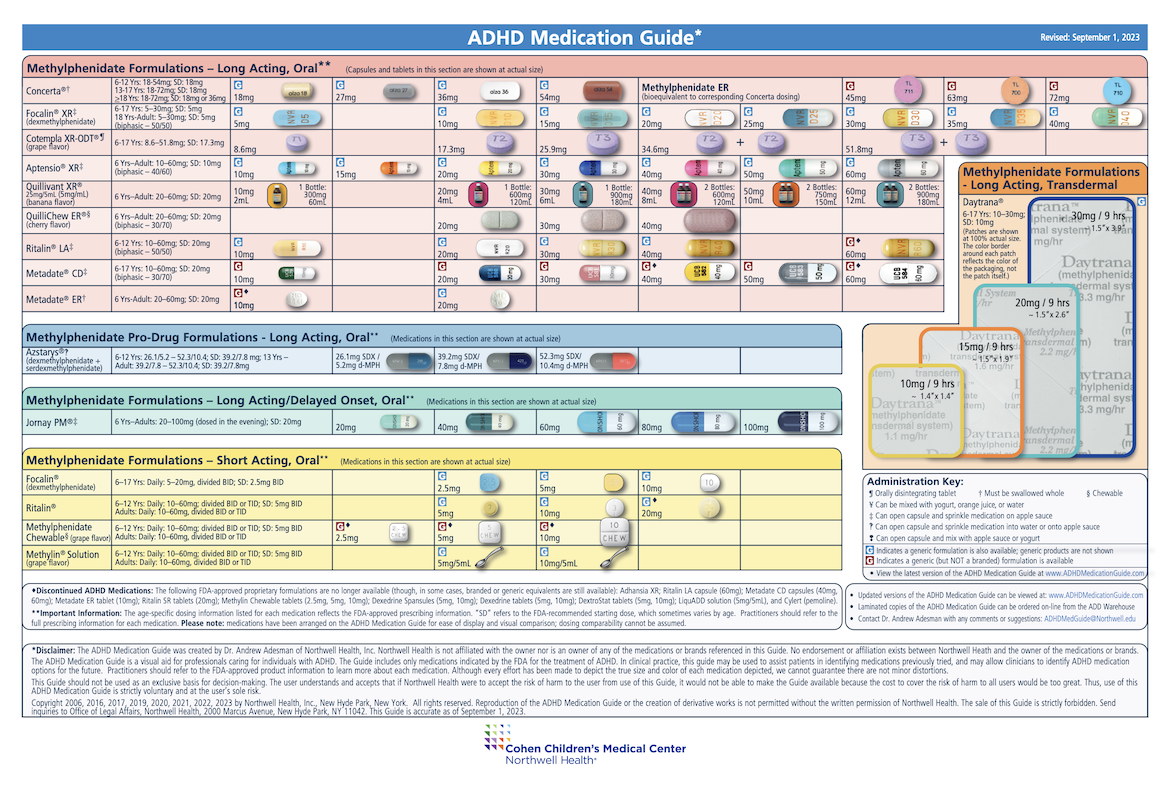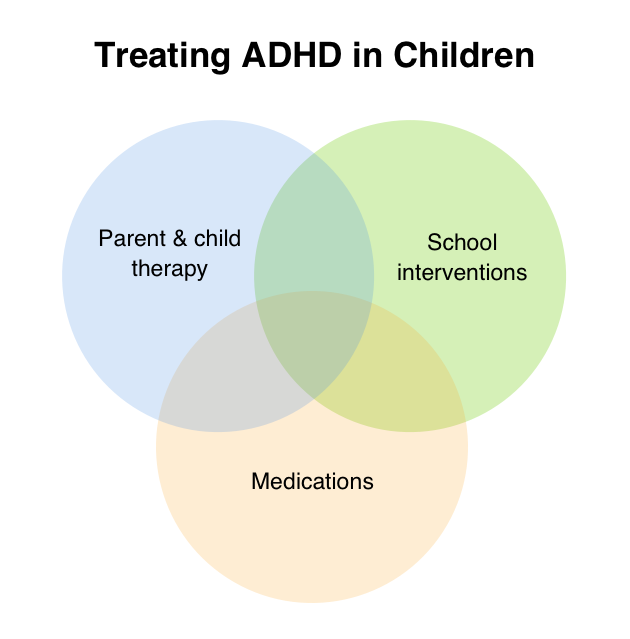How ADHD Therapy Can Change Emphasis and Day-to-day Live
ADHD presents significant obstacles that can restrain everyday functioning and emphasis, yet effective therapy alternatives exist that can noticeably enhance these aspects of life. By incorporating medication, behavior modifications, and customized way of life modifications, people with ADHD can experience notable enhancements in their capacity to focus, take care of impulses, and browse social interactions. Comprehending the interplay of these treatment modalities exposes a detailed strategy that not just addresses signs yet likewise cultivates a much more organized and satisfying day-to-day experience. The ramifications of such transformations prolong past simple attention improvements-- exploring this interconnectedness may reveal extensive understandings into individual development and wellness.
Recognizing ADHD and Its Obstacles
Attention-Deficit/Hyperactivity Problem (ADHD) influences approximately 5% of children and typically continues into adulthood, presenting a variety of challenges that can impact day-to-day live. People with ADHD usually experience difficulties in preserving attention, managing impulses, and managing their levels of task. These symptoms can show up in various setups, including home, institution, and job, bring about substantial useful problems.
In educational settings, trainees with ADHD may struggle to concentrate throughout lessons, full projects, and adhere to instructions, commonly resulting in lower academic performance and increased disappointment. Socially, they may deal with difficulties in creating and maintaining partnerships because of spontaneous actions or problem reading social signs. In the workplace, adults with ADHD might run into challenges in time management, company, and task completion, which can impede job improvement and general job contentment.
Moreover, the psychological toll of ADHD can aggravate feelings of inadequacy, anxiousness, and clinical depression, worsening the obstacles dealt with in life. Understanding the complexities of ADHD is essential for establishing reliable approaches to support individuals impacted by the problem, highlighting the relevance of awareness and empathy in cultivating inclusive environments.
Review of Therapy Options
When considering efficient monitoring methods for ADHD, a variety of therapy alternatives enter play, each tailored to fulfill the specific requirements of those affected. The key classifications of treatment consist of behavioral treatments, drug, and lifestyle modifications.
Behavior modification concentrates on altering specific behaviors connected with ADHD with methods such as cognitive-behavioral therapy (CBT) or parent training. These approaches aim to improve business abilities, time management, and psychological policy, inevitably fostering far better everyday functioning.
Drug is another common method, mostly utilized to assist handle signs and symptoms and improve focus. While numerous types of medications exist, their usage should be carefully kept an eye on by health care specialists to make sure the very best results.
Way of life alterations are likewise necessary in handling ADHD. These might consist of structured routines, normal exercise, and a balanced diet regimen, all of which can substantially boost focus and general health.
Furthermore, support system and instructional treatments can provide important sources and a sense of area for individuals with ADHD and their households. Eventually, a comprehensive therapy strategy typically combines these strategies, using a holistic solution to attend to the diverse difficulties presented by ADHD.
Benefits of Drug
Medicine plays an important role in the administration of ADHD, important link frequently providing considerable benefits that boost day-to-day performance. Stimulant medications, such as methylphenidate and amphetamines, are generally prescribed and have been shown to enhance attention, focus, and impulse control. These medicines work by increasing the levels of natural chemicals in the mind, which aids control executive features crucial for efficient day-to-day monitoring.

Furthermore, non-stimulant medications, such as atomoxetine, offer choices for those that may experience negative effects or who favor a non-stimulant strategy. These medicines can also provide stability in handling ADHD signs and symptoms without the capacity for misuse related to stimulants.
Duty of Behavior Treatment
Behavior modification plays a crucial role in the thorough therapy of ADHD, complementing drug by addressing behavioral obstacles through structured treatments - Behavioral health services. This therapeutic method focuses on modifying particular behaviors that may impede an individual's everyday performance. By making use of methods such as reinforcement, modeling, and cognitive restructuring, behavior treatment intends to improve self-discipline and business abilities
One of the essential elements of behavior modification is the advancement of tailored habits alteration strategies. These strategies usually include setting clear, possible objectives and carrying out regular rewards for favorable behaviors. Such approaches not just enhance inspiration but also develop a helpful atmosphere that urges the maintenance of preferred actions.
In addition, behavior modification offers valuable support for households, aiding caretakers comprehend and manage ADHD-related actions. Adult training programs are commonly consisted of, equipping parents with the tools to strengthen favorable actions in the house.
Lifestyle Changes for Better Emphasis
Executing lifestyle adjustments can considerably boost emphasis and total well-being for individuals with ADHD. An organized everyday regimen is important, as it provides uniformity and predictability, which can help alleviate impulsivity and distractions. Establishing certain times for work, dishes, and rest can promote much better time monitoring and improve focus.
Diet plan additionally plays an important function. A balanced Recommended Reading diet regimen rich in omega-3 fats, whole grains, and lean healthy proteins can improve cognitive feature and stabilize power degrees. Regular dish times help preserve blood glucose levels, reducing state of mind swings and improving emphasis.
Physical task is one more important component - Behavioral health services. Taking part in routine exercise not only advertises physical health and wellness but likewise releases endorphins, enhancing state of mind and emphasis. Tasks such as yoga exercise or fighting styles can be specifically valuable, as they integrate physical workout with mindfulness
Rest hygiene is just as crucial. Focusing on enough rest and developing a relaxing going to bed regimen can enhance attention and decrease irritation. Furthermore, minimizing screen time before bed can promote much better sleep high quality.

Conclusion
In verdict, effective ADHD therapy encompasses a multifaceted method that consists of medication, behavior therapies, and way of living adjustments. By executing structured regimens, fostering helpful Home Page atmospheres, and encouraging healthy routines, people with ADHD can experience considerable renovations in emphasis and total day-to-day functioning.